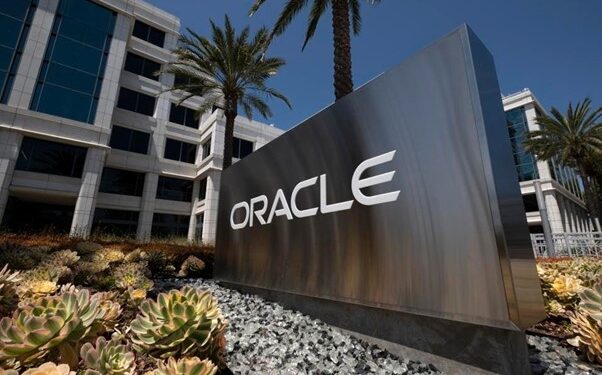Oracle and Google Cloud have announced the general availability of Oracle Database@Google Cloud in four Google Cloud regions across the United States and Europe, including U.S. East (Ashburn), U.S. West (Salt Lake City), U.K. South (London), and Germany Central (Frankfurt). This partnership allows customers to run Oracle Exadata Database Service, Oracle Autonomous Database, and Oracle Database Zero Data Loss Autonomous Recovery Service on Oracle Cloud Infrastructure (OCI) within Google Cloud datacenters.
With Oracle Database@Google Cloud, customers can now directly access Oracle Database services running on OCI and deployed in Google Cloud datacenters. This integration enables organizations to leverage Oracle’s leading database technology, including Exadata, to drive innovation and develop new applications. Additionally, customers can run applications on Oracle Linux, which is now supported on Google Cloud, with further ease of provisioning expected in the next 12 months.
“Dun & Bradstreet is a global leader in business decisioning data and analytics,” said Adam Fayne, vice president, Enterprise Engineering, Dun & Bradstreet. “With the unparalleled quality of D&B data, we can now seamlessly integrate Oracle Database’s performance, reliability, and scalability with Google Cloud’s powerful analytics and AI tools. This synergy allows us to process and analyze massive datasets with unprecedented speed and efficiency, extract deeper insights, and deliver more value to our customers.”
“Oracle and Google Cloud have extended their multicloud strategy with this partnership, and customers can now take advantage of the automation in Oracle Autonomous Database and the performance of Exadata on OCI running in Google datacenters,” said Carl Olofson, research vice president, Data Management Software, IDC.
“As a result, customers can combine data from Oracle databases with Google Cloud services like Gemini foundation models and the Vertex AI development platform to develop and run a new generation of cloud native applications. Oracle and Google Cloud’s mutual customers are the ultimate winners in this multicloud strategy, as they benefit from the simplicity, security, and low latency of a unified operating environment.”
This offering simplifies the cloud journey by allowing customers to migrate existing Oracle databases and applications to OCI running in Google Cloud. Customers can benefit from simplified cloud purchasing and management, including the ability to purchase Oracle Database services using existing Google Cloud commitments and leverage Oracle license benefits such as Bring Your Own License (BYOL) and Oracle Support Rewards.
Oracle Database@Google Cloud offers several benefits: compatibility with on-premises Oracle deployments, a unified operating environment within Google Cloud, native integration with Google Cloud’s console, APIs, and operations, and a unified customer experience and support from both Google Cloud and Oracle. The service also supports integrations between OCI, Oracle Database, and Google Cloud services such as Gemini foundation models, Vertex AI, BigQuery, and Looker, enabling organizations to achieve faster insights and breakthroughs in the cloud.
“For the first time, the AI and converged database capabilities of Oracle Database 23ai as well as all the automation and tools of Oracle Autonomous Database and Oracle Exadata Database Service are fully integrated with Google Cloud,” said Karan Batta, senior vice president, Oracle Cloud Infrastructure. “This new service combines all of the benefits of OCI database services with Google Cloud services for a seamless multicloud experience, which was unthinkable in the cloud space just a few years ago.”
“Customers can now combine Oracle databases and applications running on OCI with Google Cloud’s industry-leading infrastructure, data, and AI capabilities,” said Andi Gutmans, vice president and general manager of databases, Google Cloud. “This enables enterprises to more rapidly migrate to the cloud and accelerate their transformative generative AI journeys with services such as Vertex AI.”









Discussion about this post